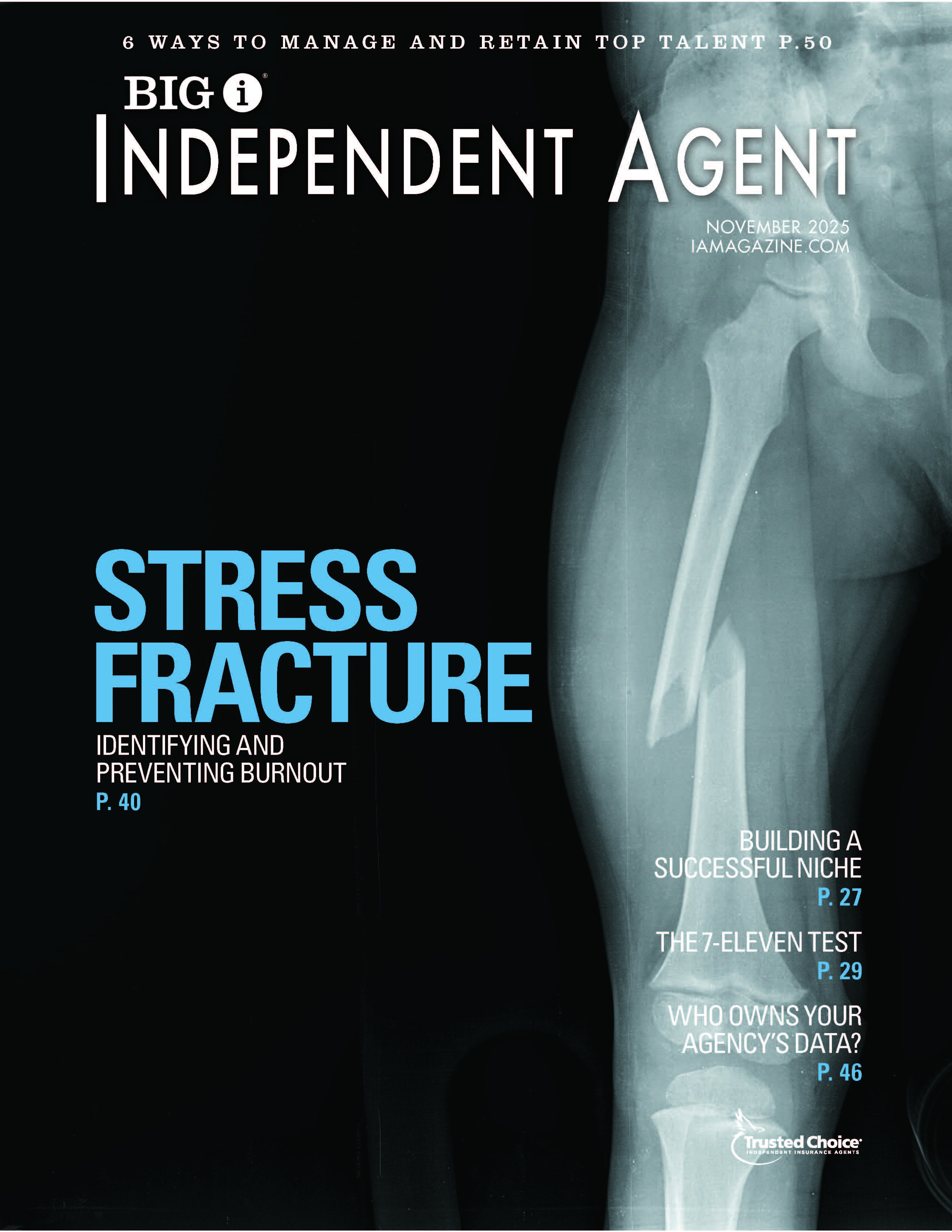Relocation Strategies for Insurance Agents

By: Sam Bowman
Considering relocating? Whatever is prompting your desire to move—from climate change or taking advantage of remote work’s flexibility to pursuing a niche or accepting a competitive job offer outside your geographical location—stick a pin in a map and you’ll find that almost any place is one that an insurance professional can thrive in some fashion.
This doesn’t mean that relocating is easy, of course. You need to take a more strategic approach to ensure you get the most out of the experience.
Aligning Career Goals
Any solid relocation strategy must involve serious thought into how your move can tangibly align with your career goals. Take the time to evaluate both your short-term and long-term aims and how a move to a new area can contribute to achieving these.
Perhaps you’re looking for more face-to-face time with your insurance clients to develop more fruitful relationships and must therefore consider how commutable your chosen area is.
If you want to shift to a different specialization, do a little research into the areas of the country that most need agents in that field. For instance, maritime insurance interests could see you shift closer to the coast, while a focus on emerging tech risks might push you to relocate to Silicon Valley.
It’s also worth taking a little time to look at where the clear growth areas in your intended focus of insurance specialization are. After all, economies and industries can develop over time. The U.S. Bureau of Labor Statistics keeps useful records on job growth by geography and industry. While this shouldn’t by any means represent the entirety of your decision-making, it can provide you with some good data to make informed choices.
Preparing Administrative Elements
Insurance is a serious business, and rightly so. After all, people’s livelihoods, quality of living, safety, and security can all rely on the actions of professionals in the field. Naturally, this means that you’re expected to maintain a high level of education, certification and even business insurance to operate independently. Part of your relocation strategy should involve making certain these administrative elements are in place upon your arrival in your new location so you can start operating as soon as possible.
Unfortunately, licensing and other aspects of bureaucracy are relatively variable. You’re likely to find that there are different requirements depending on the state, industry focus, and even the role you’re targeting. Take a little time to commit to some dedicated research—be thorough, as the last thing you want is to start setting up shop only to find you’re missing a vital piece of paperwork.
You should then make a list of the order in which you need to complete your action items. For instance, you may not be able to apply for a business license in your intended new state until you’ve received your insurance license. You may not be able to receive your insurance license until you’ve had relevant training, passed a test, and gathered documents for a background check.
By creating a solid order of operations, along with a note of the time it’s likely to take to complete each, you can give yourself the best chance to hit the ground running once your move is complete.
Ensuring Quality of Life
Firstly, be mindful of how your relocation and your job could affect your mental health. Whether you’re working remotely for your previous agency or starting a brand new one where you land, you need to be sure that you aren’t negatively affected by workplace mental wellness oversights that tend to be detrimental to workers, employees and clients alike. Burnout could be a particularly difficult issue if your chronic workplace stress becomes compounded by factors like a toxic professional environment or the pressures of your move.
Put measures in place that help you mitigate disruptive mental health influences. Ensure that you take regular breaks away from both your work and the organizational aspects of your relocation strategy. Be certain you’re getting regular exercise and attending to your nutritional needs.
Step outside once in a while and get some fresh air, perhaps occasionally meet clients for coffee. If necessary, collaborate with a telehealth therapist who can offer guidance even during your move. You’ll find that your relocation, your career, and general quality of living will be better if you make your personal needs a priority.
Sam Bowman writes about careers, tech, insurance, and how they merge. He enjoys getting to utilize the internet for a community without actually having to leave his house. In his spare time, he likes running, reading, and combining the two in a run to his local bookstore.










